Subgrantee Group
Testing Hypotheses about Meaning Systems in Real-World Settings
Principal Investigator: David Sloan Wilson, Binghamton University
Evolutionary research—whether genetic or cultural—requires a field component in which the organism is studied in relation to its past and present environments. This is already accepted practice for the study of nonhuman species but is underdeveloped for the study of human cultural evolution. This proposal builds upon a platform for working with single groups and multi-group cultural ecosystems in real-world settings called Prosocial (www.prosocial.world), which provides an exceptional opportunity for addressing the themes of this RFP. Prosocial will enable us to both study the interaction between science and religion as meaning-making systems and also to evolve the interaction in ways that enhance human thriving at all scales, from individuals to the planet. The major objectives of this proposal are to: 1) develop a technology for working with a potentially unlimited number of groups, both internally and in relation to each other; and 2) work with the groups to explore how variation in understanding and implementation of core spiritual and social design principles impacts group functioning and adaptability. Research will include both the analysis of naturally occurring variation and controlled experiments. This project will result in a group-level human subject pool that can be used by other researchers in addition to ourselves.
If only one thing could be said about an evolutionary perspective, it is the necessity of understanding organisms in relation to their past and present environments. That is why field research comes first in the study of any non-human species and laboratory research must be cognizant of field research.
Sensitivity to context goes without saying for the study of non-human species but does not describe the vast majority of human-related research. The most field-oriented disciplines preoccupied with symbolic meaning systems—sociology, cultural anthropology and cultural studies—tend to be most avoidant of an evolutionary perspective. Other disciplines such as psychology and neuroscience tend to lead with laboratory experiments divorced from the context of everyday life. Social psychology and behavioral economics experiments engage people in laboratory games that are informative as far as they go, but only scratch the surface of human social behavior and vastly underestimate cultural variation in how people respond to such artificial environments.
Another problem is an artificial distinction between “basic” and “applied” science, which are thought to exist in a sequential relationship. It is assumed that basic scientists first ask the “big” questions without regard to practical utility, then basic knowledge trickles down to practical applications down the road. This conception runs so deep that basic and applied scientists are often segregated into different departments.
This proposal is based on a framework called Prosocial (www.prosocial.world) that has been in development for ten years. Prosocial involves working with groups to make them more cooperative, mindful of their current practices, and adaptable to changing environments. Prosocial is an example of co-production—scientific research in full collaboration with the participants. Working with groups provides both “thick descriptions” of their meaning systems, similar to detailed ethnographic fieldwork, and quantitative measurements of key individual-level variables (e.g., basic psychological needs, wellbeing, psychological flexibility) and group-level variables (e.g., trust, social organization, and performance outcomes). Prosocial simultaneously contributes to the basic scientific study of cultural evolution “in the wild” (the counterpart of field research on nonhuman species) while helping groups manage their cultural evolution to achieve positive outcomes. Prosocial identifies principles that are scale-independent, as important for between-group relations as for within-group relations. Finally, Prosocial has been shown to work in diverse cultural settings, including non-WEIRD (Western, Educated, Industrial, Rich, Democractic) in addition to WEIRD cultures.
To a degree, Prosocial is already addressing the themes of this RFP. In particular, we have already developed a narrative that honors both scientific research and a spiritual orientation (religious or secular). We are also beginning to study the importance of a spiritual orientation as a research question, by working with groups to strengthen a set of “core spiritual principles” in addition to a set of “core design principles”, both of which will be described in more detail below. Funding from this RFT will enable us to work with a large number of culturally diverse groups to study both “natural” variation in scientific and spiritual/religious orientation and make systematic comparisons of specific beliefs and practices (e.g., randomized control trials and waitlisted treatments). The framework that we develop can be used by other researchers as a group-level human subject pool, in addition to our own research.

